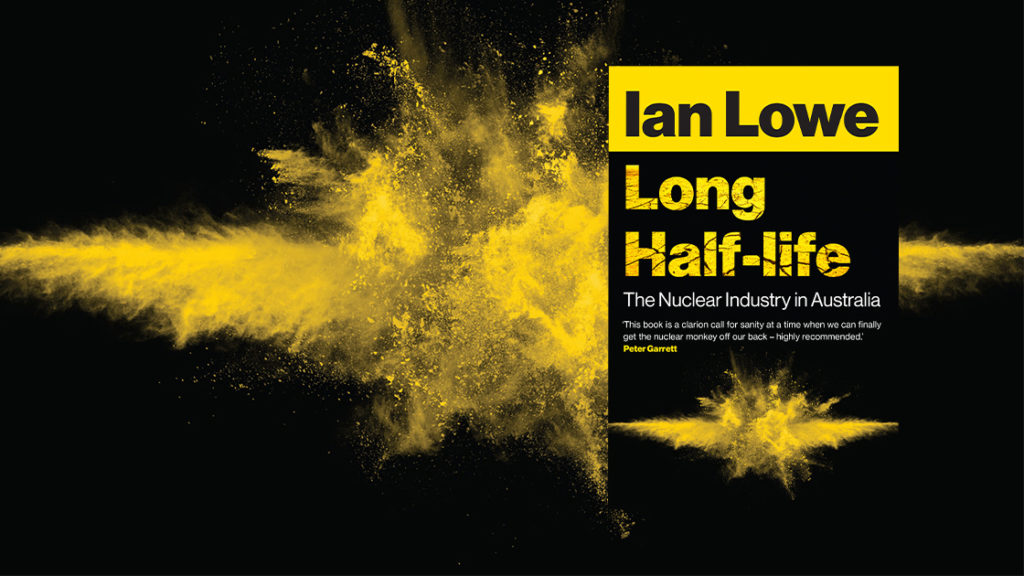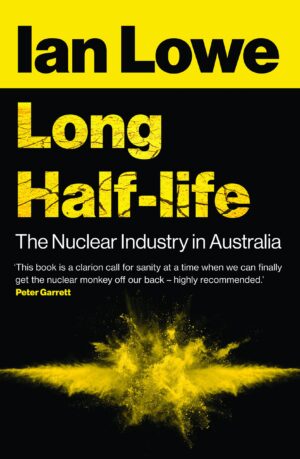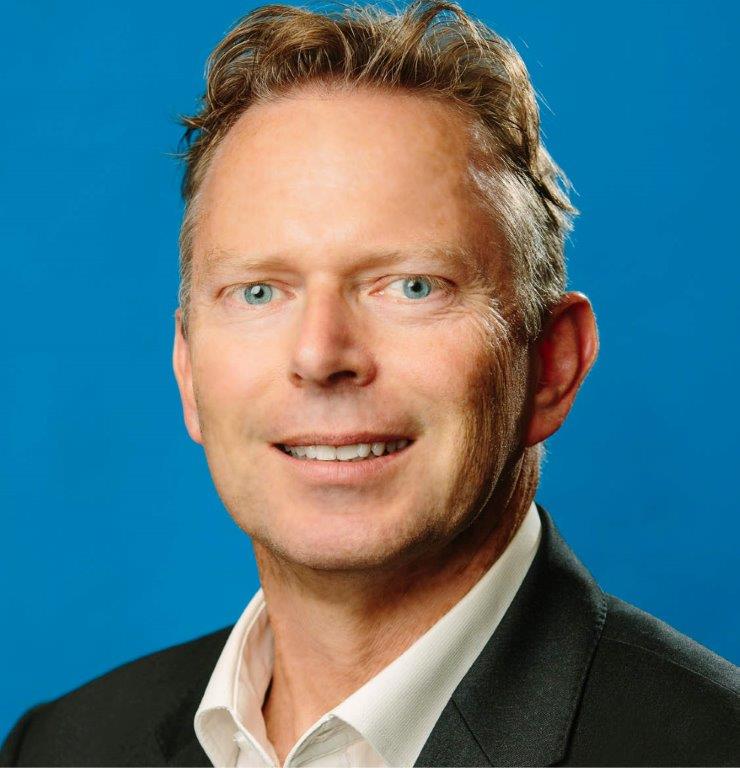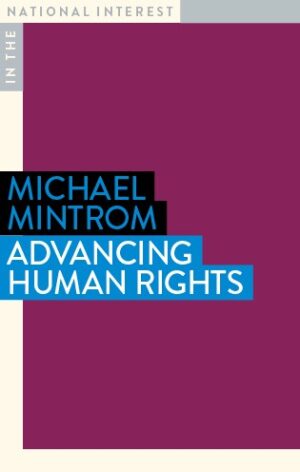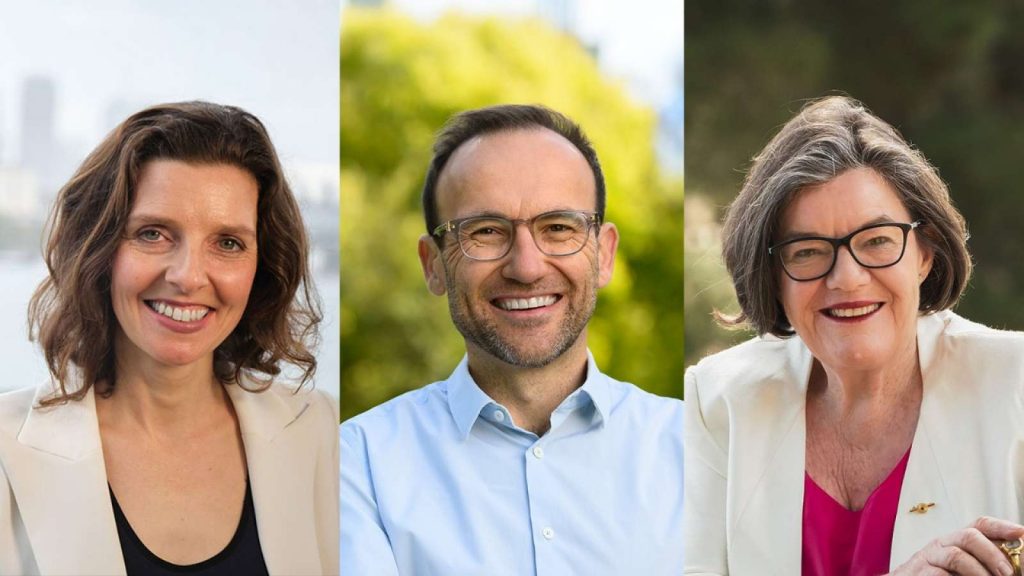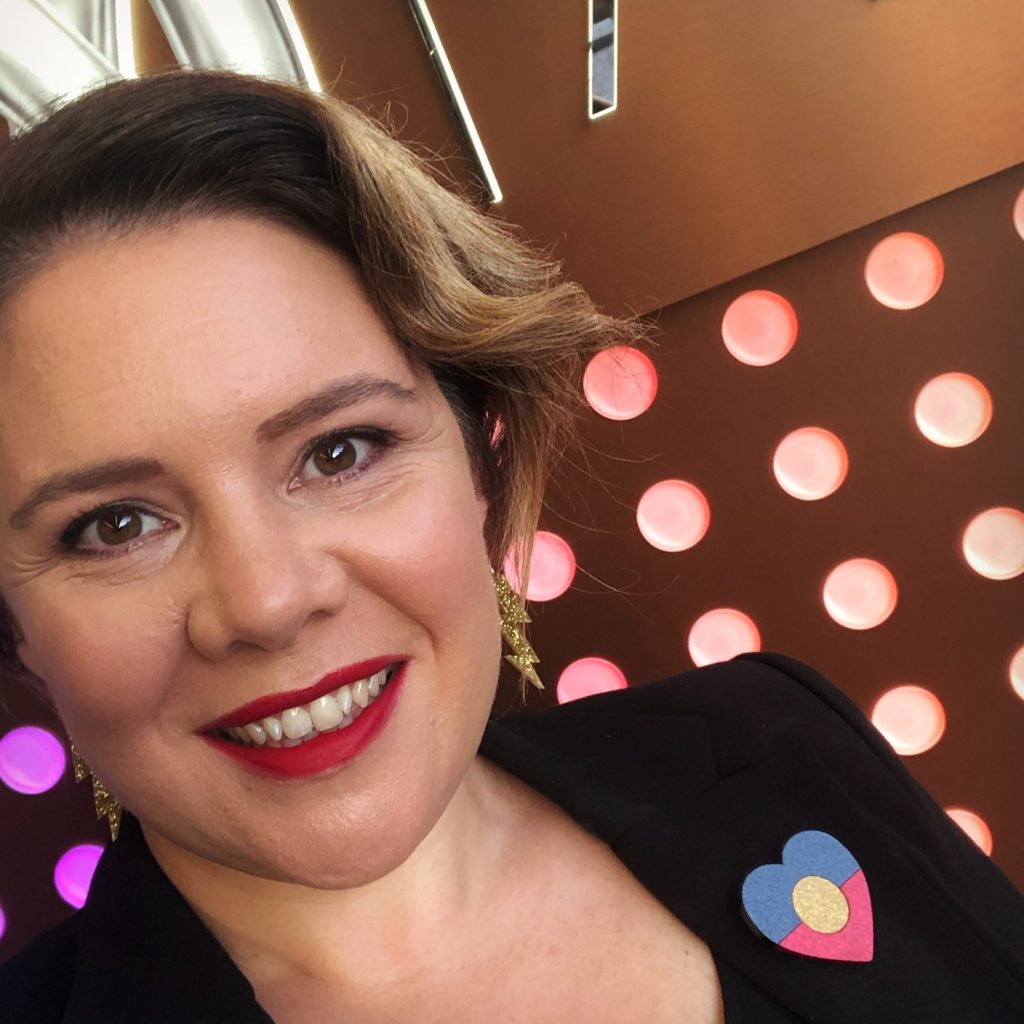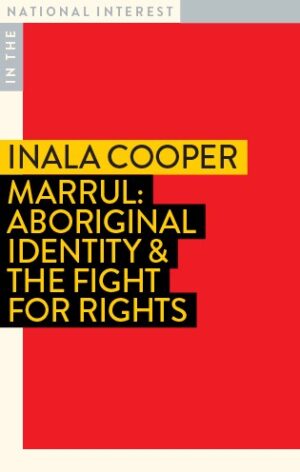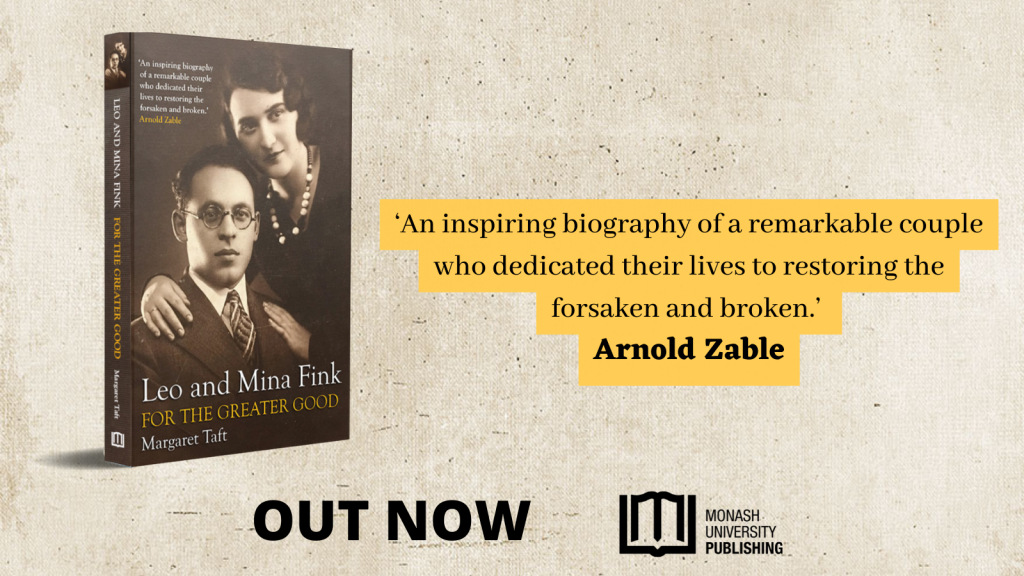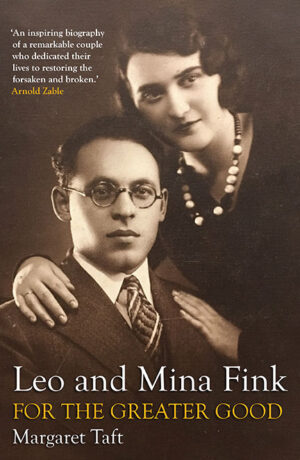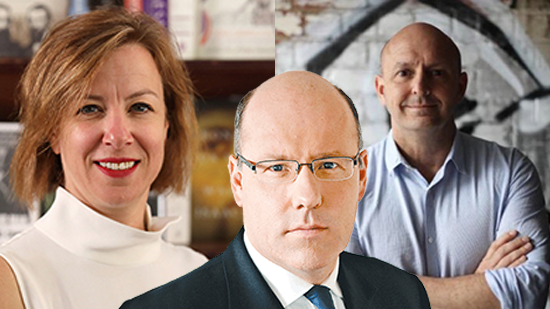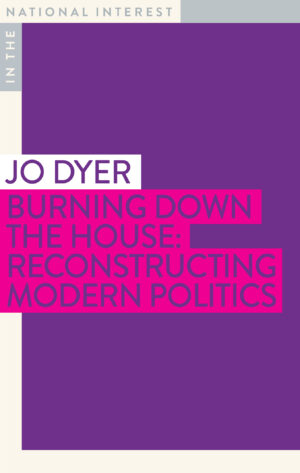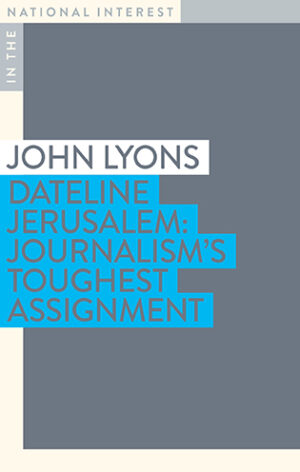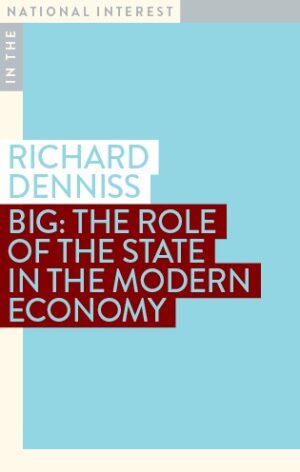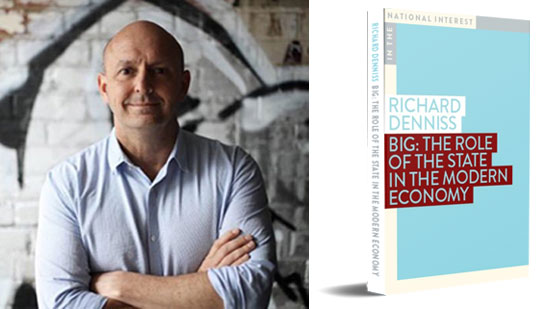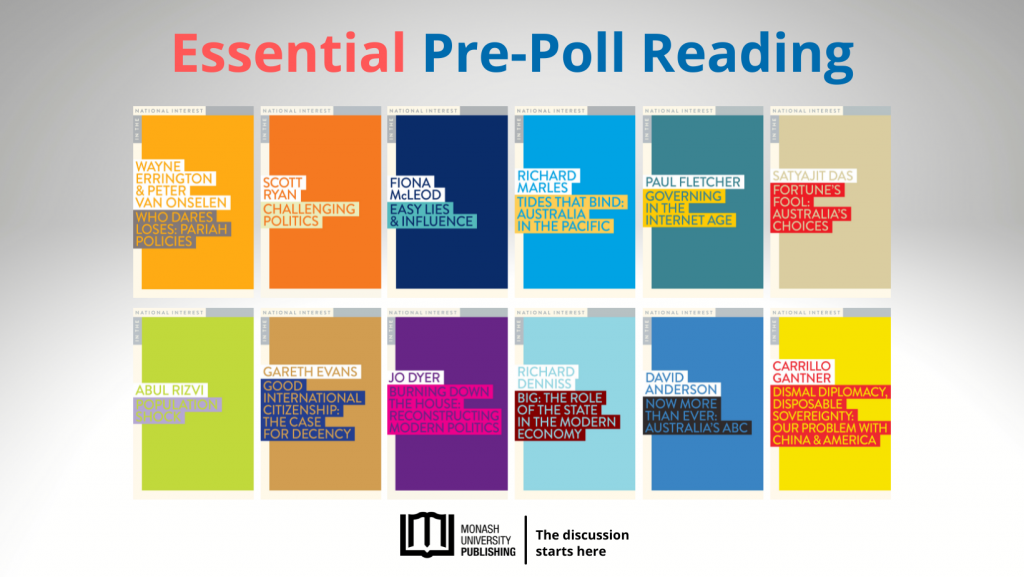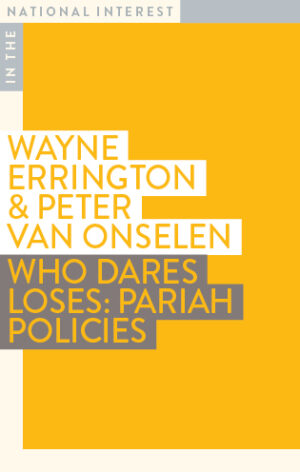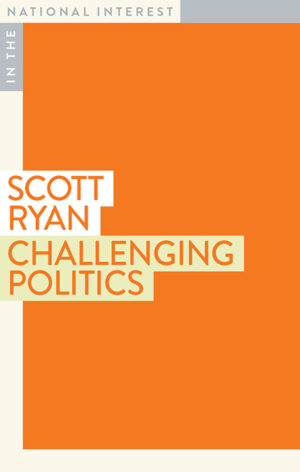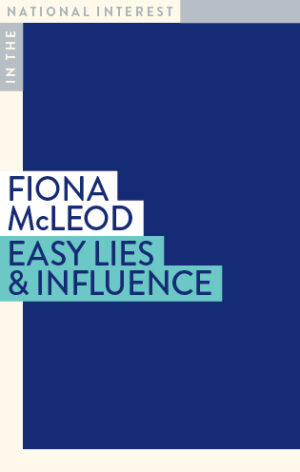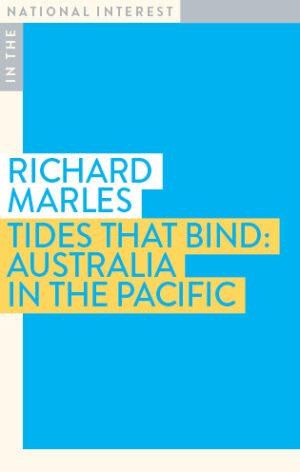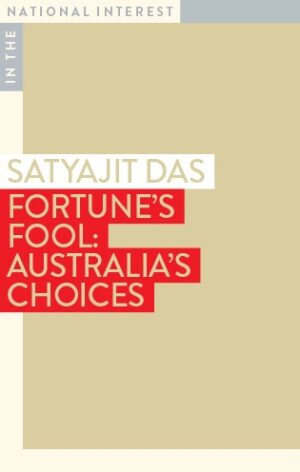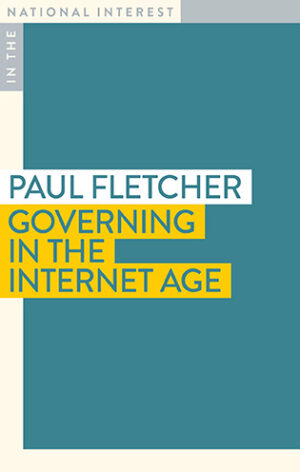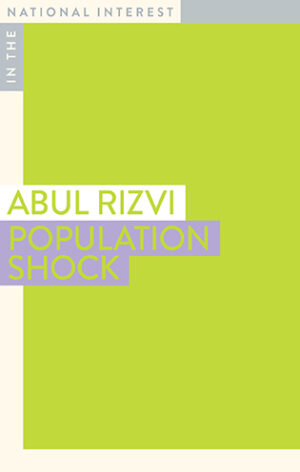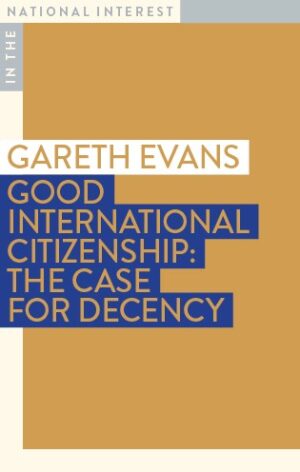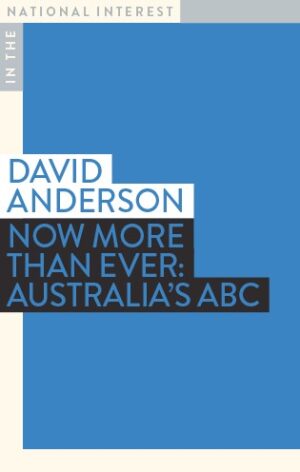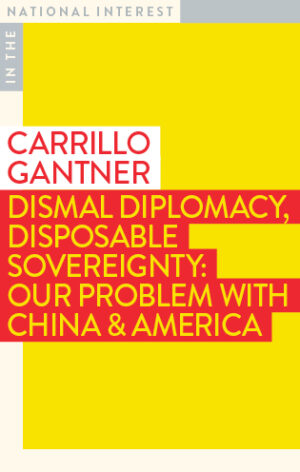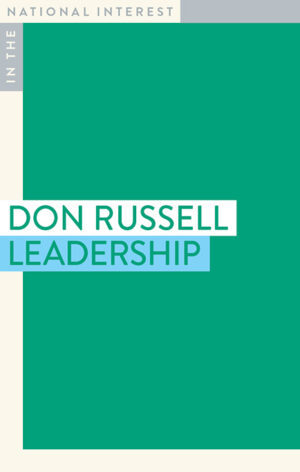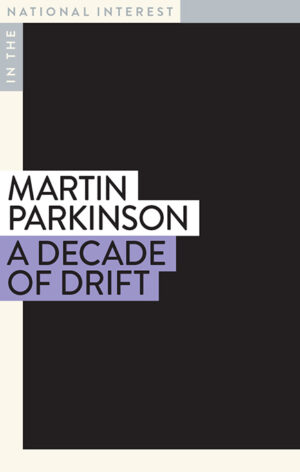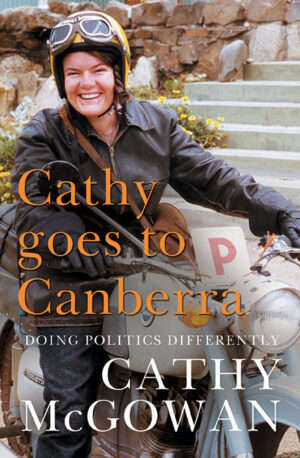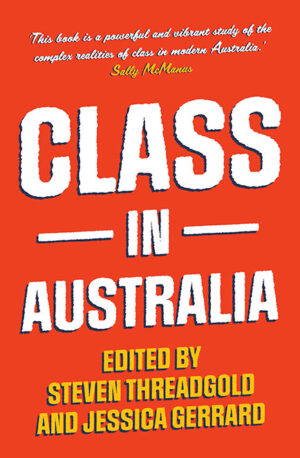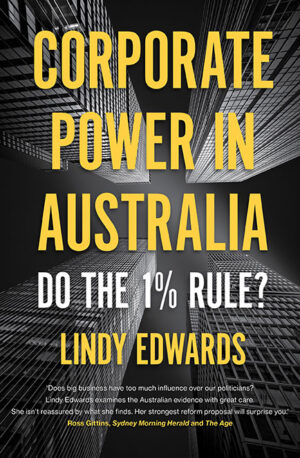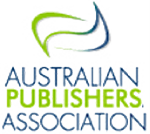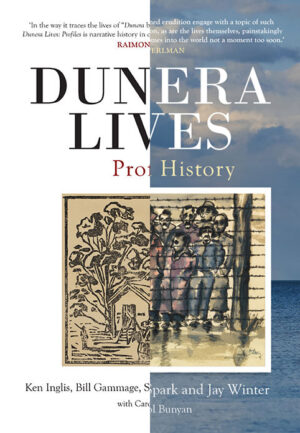Do you know of an excellent index?
Have you written or published one yourself?
Nominations are now open for the ANZSI Indexing Awards and ANZSI John Simkin Medal 2024. The ANZSI John Simkin Medal recognises an outstanding book index or periodical index compiled in Australia or New Zealand. ‘Highly Commended’ certificates may also be awarded.
Indexes may be nominated by authors, editors, indexers, publishers or readers.
The index nominated must be commercially available and have an imprint date of 2020 or later. The index must have been compiled in Australia or New Zealand, even though the text to which it refers may have been published elsewhere; and the index must be entirely the indexer’s own work. The index should be substantial in size; the subject matter complex; and the language, form and structure should demonstrate the indexer’s expertise in serving the needs of the text and the reader.
The Judging Panel comprises experienced indexers, editors, librarians and/or publishers. The judging process is confidential and nominated indexer names are known only to the Receiving Officer.
A completed nomination form together with a print copy of the book, or a link to the digital file of both book and index, is required. Print books will be returned after judging.
Nomination forms, assessment criteria and lists of previous winners are available at https://www.anzsi.org/about-us/awards/the-john-simkin-medal/
Nominations must be received no later than 5pm AEST, Wednesday 31 July 2024 at GPO Box 2069, Canberra ACT 2601 Australia or (in the case of digital books) by email to the Receiving Officer at receivingofficer@anzsi.org
Nominators who have posted books must advise the Receiving Officer by email that they have done so. All nominations received will be acknowledged by email.
ANZSI Receiving Officer, receivingofficer@anzsi.org

